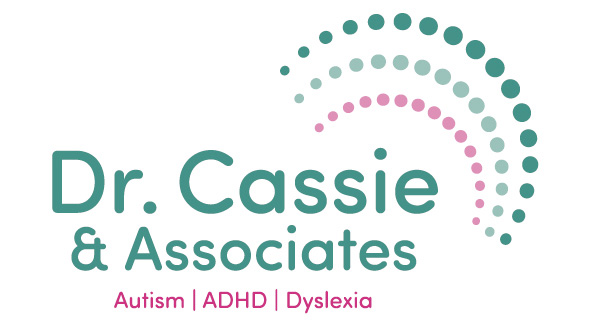What signs might I see in my child?
- Difficulty communicating, delay in developing speech or understanding language
- Difficulty understanding emotions in others, reading facial expressions or understanding tone of voice
- Differences in use of eye contact, they might avoid it or it may appear more intense
- Limited and often intense interests
- Behavioural problems such as over-reactive to seemingly small triggers, physical aggression, frequent meltdowns
- Strong preference for routine and struggles with change
- A preference for playing alone
- Sensory sensitivities (strong likes or dislikes for certain sensations) including a fussy or restricted diet
- Sleep difficulties
- Difficulties making or keeping friendships
Should I get my child assessed?
Reasons why your child might need an assessment:
- Behavioural problems at home and/or at school
- Concerns about slow academic progress at school
- Difficulties managing social relationships
- Showing signs of anxiety about attending school or school refusal
- Family functioning is being significantly impacted by behaviours at home
What does an assessment involve?
Before the assessment:
- We will ask you and your child’s school to complete questionnaires
- Review of any relevant reports from professionals who have seen your child e.g. speech therapists, educational psychologists, etc
- A screening phone call, if needed, to discuss the best assessment for your child
- A video call to take their developmental history from you as parents, in advance of the assessment, if you are concerned about speaking in front of your child
During the assessment:
- Approximately 2 to 3 hours face to face in my clinic room in Wallingford
- Observation of your child’s communication and interaction, as well as a formal play based assessment
- A full history from you of your child’s health and development
- Growth assessment and physical examination of your child where applicable
- Verbal feedback is given on the day with the results of the assessment
What happens after the assessment:
- Observation of your child in their school setting may be arranged
- You will receive a comprehensive report with a detailed explanation of the results, and a list of recommendations and resources that may help to support you and your child
- Recommendations for your child’s school and a copy of the report (amended as necessary) made available for your child’s school, which may facilitate additional support or an application for an EHCP
- Follow up as necessary including liaison with their school and attendance at school meetings to give advice, if required

